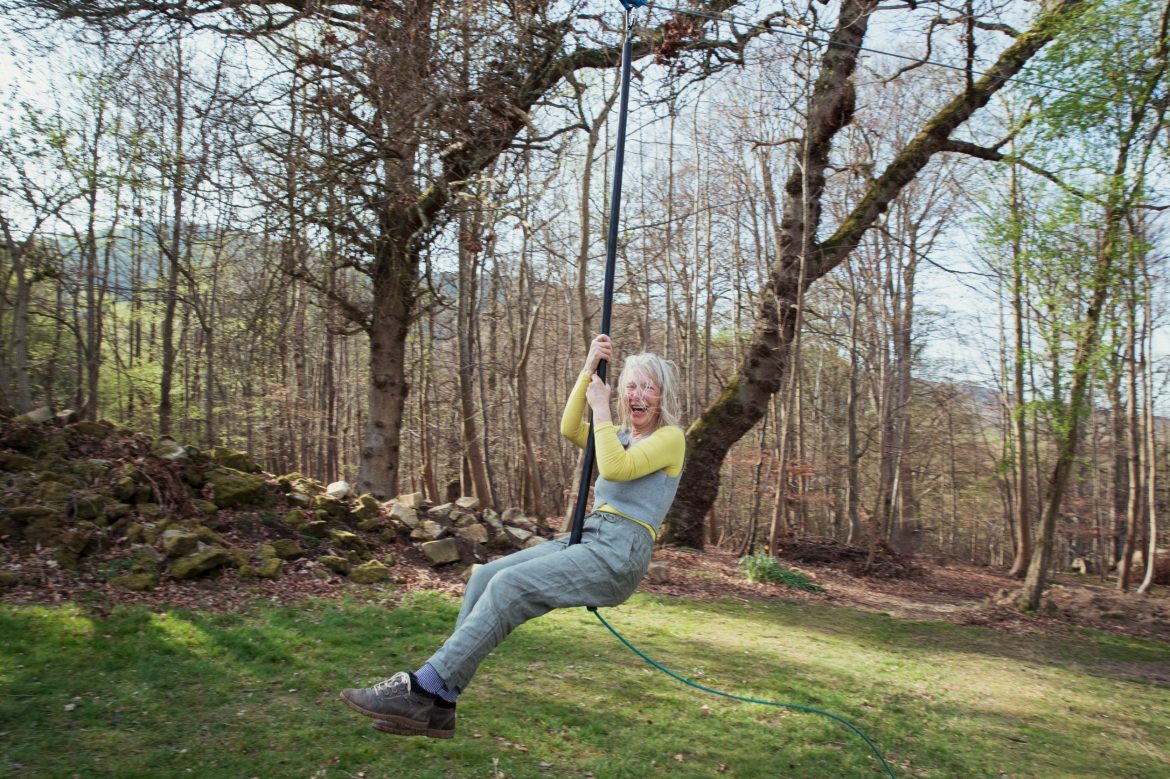
Why You Might Want to Just Chill Sometimes
Did you know that our immune system naturally declines as we get older? Evidence suggests that immune aging or immunosenescence leaves one susceptible to a variety of illnesses as white blood cells in the body become “old,” too.
However, not everyone gets ill as they age. As you may have guessed, stress is a big culprit when it comes to the deterioration of immune function. To explore the effects of stress in more depth, researchers from the University of Southern California combed through data from a national longitudinal study (University of Michigan’s Health and Retirement Study) analyzing measures of health, family status and support systems of older Americans.
Moreover, USC post-doctoral researcher Eric Klopack and colleagues evaluated responses from a sample of 5,744 adults over the age of 50 to gauge the impact of social stressors such as discrimination, stressful life events and trauma on immune function. To get an idea of the participants’ immune profiles, the researchers also analyzed their blood samples using a technique called flow cytometry.
The study results revealed crucial information regarding the interaction between immune function and stress. People who scored high on stress showed more worn-out white blood cells than those with lower stress levels. In other words, there was a negative association between social stress and ready-to-fight T cells which are crucial in protecting us from infections.
The researchers also note that people who experience chronic stress tend to make poorer lifestyle choices. After controlling for poor diet and low exercise, the researchers also discovered that the relationship between social stress and immune aging was not as strong as before. Therefore, improvements in these areas might actually be beneficial for immune function.
Although it seems as if stressful events take the spotlight in our life, the results of this new study demonstrate what we can do to make aging as pleasant as possible. And making wise lifestyle choices seems to be the key to not only become more resilient in the face of stress, but also to keep our immune system functioning at its best for as long as possible.
REFERENCES
- 1. Klopack, E. T., Crimmins, E. M., Cole, S. W., Seeman, T. E., & Carroll, J. E. (2022). Social stressors associated with age-related T lymphocyte percentages in older US adults: Evidence from the US Health and Retirement Study. PNAS 119(25). https://doi.org/10.1073/pnas.2202780119
- 2. https://www.sciencedaily.com/releases/2022/06/220613150648.htm
